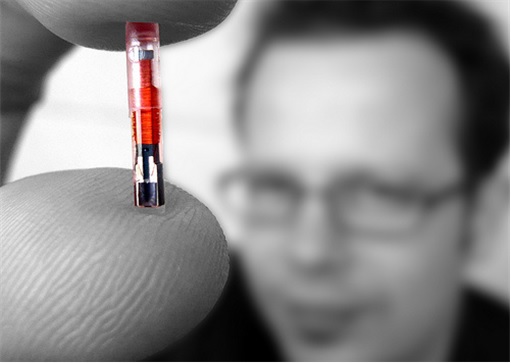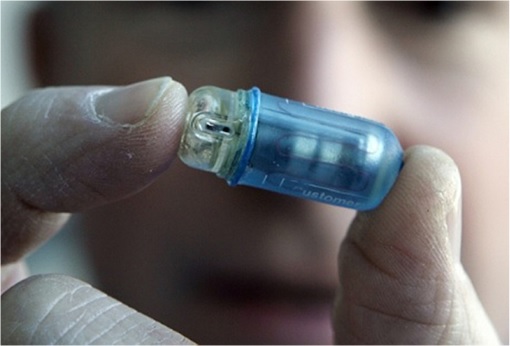Frustrated with lazy people still using “123456”, “abc123” or simply “password” as their authentication for internet access, PayPal has dropped a bombshell. If you don’t behave and improve your password, they would have little choice but to inject you with your username and force you to eat your password (*grin*), literally speaking. Like it or not, PayPal thinks passwords should be killed.
PayPal, one of the world’s largest internet payment companies, has even rubbished biometric identification systems. Sure, as an iPhone or Samsung Android smartphone user, you may think it looks cool getting your fingerprints scanned to gain access. But PayPal believes even eye scans is so yesterday, let alone fingerprints scans. Okay, so what does genius PayPal has to offer?
In a presentation called “Kill all Passwords” that he’s recently started giving at various tech conferences in the U.S. and Europe, PayPal’s global head of developer evangelism Jonathan Leblanc argued that technology has taken a huge leap forward to “true integration with the human body.” What the heck does this mean? Well, this means your username and password would be stored inside your body.
Mr Jonathan believes that the traditional username and password would be replaced with a new generation of embeddable, injectable and ingestible devices. These devices could include brain implants, wafer-thin silicon chips that can be embedded into the skin, and ingestible devices with batteries that are powered by stomach acid. Sounds like science-fiction that’s more advanced than Star Wars?
The argument is such that identification of people based on internal body is more reliable and natural, because it provides a mean of monitoring internal body functions like heartbeat, glucose levels and even vein recognition. As shown in tons of Hollywood films, your fingers could be chopped off and your eyeballs scooped out with a spoon in an attempt to steal your identification.
PayPal believes identity verification is more accurate if very thin silicon chips can be embedded into the skin. The wireless chips can contain ECG sensors that monitor the heart’s unique electrical activity, and communicate the data via wireless antennae to “wearable computer tattoos.” If you’re a diabetic, so much the better because your glucose level will identify you. And to protect against hacking, the data would be encrypted.
Jonathan Leblanc claimed PayPal was working with partners who are building vein recognition technologies as well as heartbeat recognition bands. PayPal is also working with developers, mostly through 24-hour hackathons, who are building prototypes of futuristic ID verification techniques. The good news is: PayPal isn’t sure when such new techniques can be adopted in a full scale. At least, people need to agree about “eating” the ID-devices first.
Other Articles That May Interest You …
- Here’s How A $17 Gadget Breaks Your Car’s Keyless System
- Are You Ready To Power Your Home With (Tesla) Battery?
- Revealed!! – Billionaire Warren Buffett’s Youthful Secret
- Here’s How Your “Wave & Pay” Cards Could Be Swiped Secretly
- Revealed!! – What Bill Gates Would’ve Done If Microsoft Had Flopped
- Here Comes Wireless Charging To Starbucks UK, And Soon Europe & Asia
- Here’re 2014 Top-25 Worst Passwords – Is Yours On The List?

|
|
April 21st, 2015 by financetwitter
|


|

|

|

|

|

|






























Paypal can try to blow their trumpets about security but they still come with serious health warnings. Some weeks back, my credit card company detected some unauthorised transactions on my card to paypal counterparties. I suspect this happened after I made an online purchase and made payment to the supplier who only has paypal.